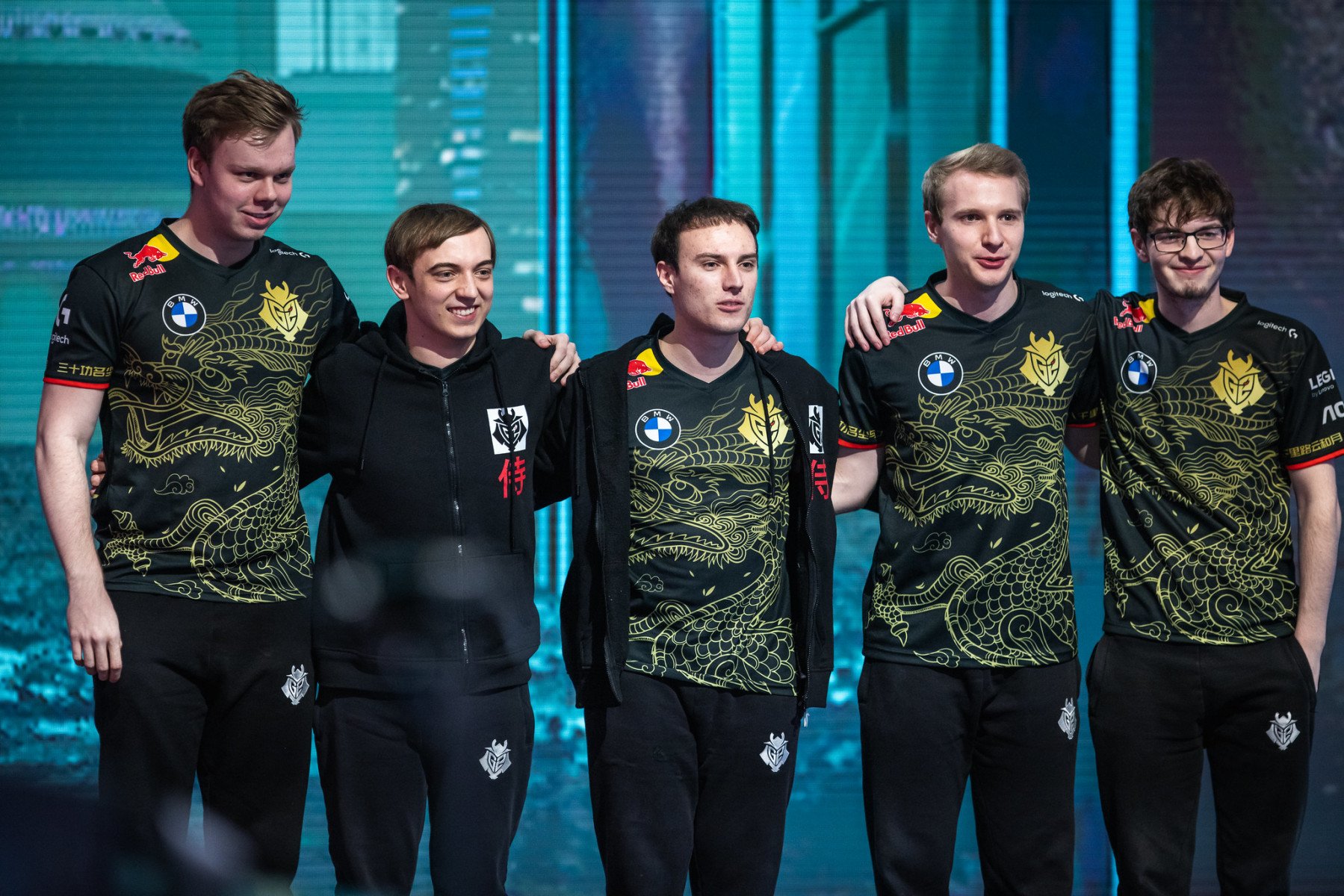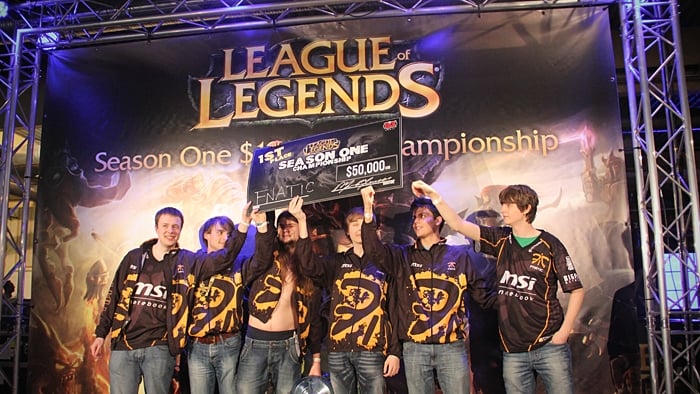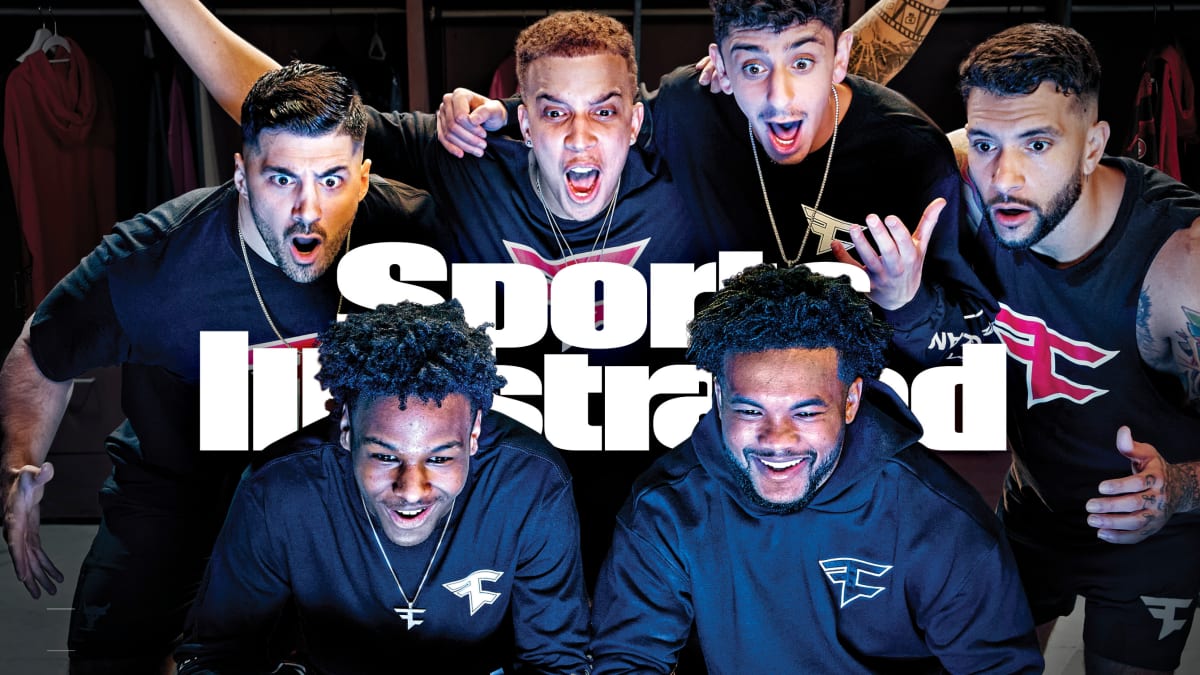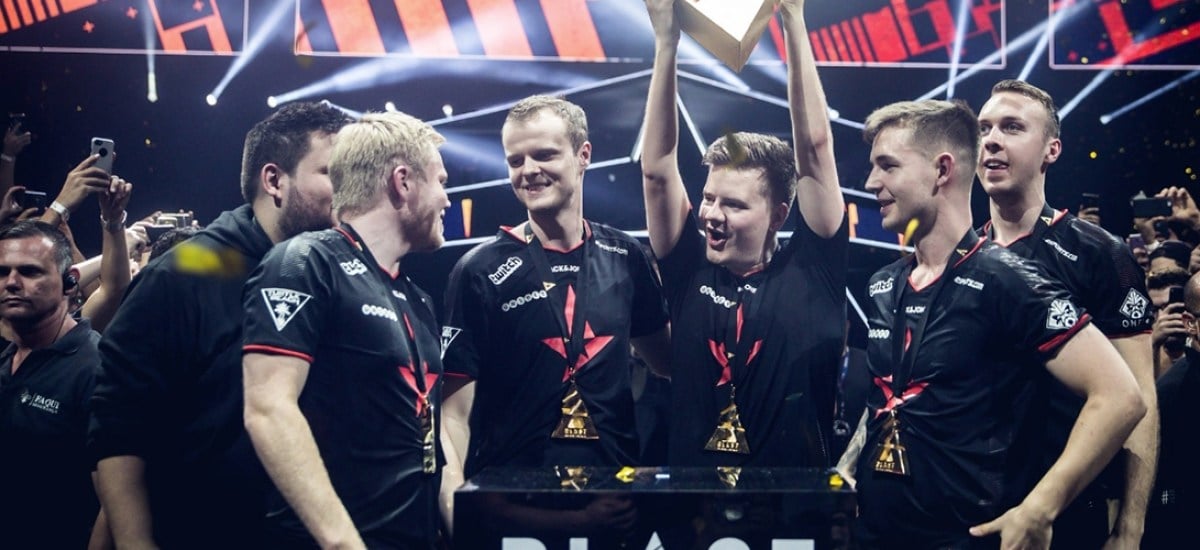Say what you want about building an esports brand. It should match a team’s values; social media channels should stir the pot; video content should be consistent and engaging; an identity matters. These things all matter.
Esports is a hybrid of entertainment and sport. FaZe Clan and 100 Thieves are building their brands a different way, based just as much on content and lifestyle branding as competitive success.
But these are exceptions to the rule. What ultimately determines and cements the popularity of an esports team is success on the server.
Brand building in esports

RELATED: Value in Western esports: The importance of League and CS:GO
The esports industry is vastly different to traditional sport — in some ways. In others, it’s the same thing. The revenue models within esports are different, sure. There are other important differences. But ultimately esports teams are still sports teams, and in 50 years G2 Esports will be bigger than most football teams not because Ocelote has a sense of humour and G2 players troll online but because G2’s League of Legends team is the most dominant in European history and has almost won Worlds three times.
Elite play is now presumed of G2. And historically, what has been the best predictor of brand affinity in sport? Success.
In almost all cases (some exceptions to which will be explored later), a reason to watch content must precede time spent watching content, meaning a fan’s interest must be piqued by something before they consume the content of a given team. S1mple is deified because he is indeed a god in CS:GO. He, along with the org’s history of success in Dota, is a key reason why the NAVI yellow feels weighty of prestige; it is synonymous with s1mple, Dendi, and the org’s standard of excellence. It represents prestige in the CIS region, too, which is crucial.
Fnatic is one of the West’s most prestigious esports brands, but success in CS:GO and League of Legends came before all else. The org was never a content-first brand.

The reason NAVI and Fnatic are such huge esports brands now is because they have a history of success. Just as in traditional sport, wins build prestige. Ninjas in Pyjamas just signed a top-five player in CS:GO history — no doubt helped by NiP’s long history of success with GeT_RiGhT and company.
Put another way, the Cincinnati Bengals can create all the content they want. Unless they win a bunch, they’ll never be the Dallas Cowboys. Ultimately an esport is a sport, and while there may be more crossover between content and competition, in almost all cases success in the latter precedes the former.
Historical touchpoints swing brand affinity. When Cloud9 won the unlikeliest of CS:GO majors in Boston in 2018, the org planted seeds of fandom that have since blossomed into something meaningful and are still growing. C9 fans 75 years from now will look upon that moment as Lakers fans do the first NBA championship in 1949.
G2 is perhaps the LA Lakers or Manchester United of esports. Why? Being led by Ocelote has surely helped. The org’s self-aware, facetious identity has become a defining feature, and they’ve had the backing of Jens Hilgers from the beginning. They also win a lot of stuff. The G2 brand is a constant across each esports title’s S tier. When G2 signs a new Fortnite or Rainbow Six: Siege player, fans assume said player is a world beater. That’s invariably what they are. Signing for G2 is a stamp of elite approval.
How many esports teams have built their brand independently of competitive success? One might argue a handful, though as we will see, even in the case of the most content-focused teams, esports wins are still needed to elevate or even legitimise a brand.
FaZe, OpTic Gaming, and content

G2 Esports is forging competitive prestige. FaZe Clan and OpTic Gaming are perhaps building something different.
FaZe is a cultural phenomenon. The same goes for OpTic. FaZe Clan, CEO Lee Trink told Esports Insider, is “a brand started by teenagers on Xbox.” And much of what FaZe’s founding fathers did, which remains true today, wasn’t even gaming content — let alone esports. Trink continued:
“[When FaZe was founded] the guys back then decided to fly in and live together. It was just on instinct that they decided to go from gameplay to self-centred content. They believed they made the right decision to not go the typical route, while encouraging others to do the same. But it wasn’t a strategy. They just did it.
“Here’s the challenge for other esports orgs: when I [joined FaZe as CEO], I didn’t come in and say, ‘let’s turn this thing into a lifestyle brand’. We were a lifestyle brand. And that meant something. We led the charge in gaming.”
FaZe absolutely led the charge in gaming and in gaming culture, which is what separates them from the rest. OpTic Gaming, like FaZe, made unique gaming (not esports) content from the beginning, which set the building of the Greenwall into motion. In esports, such cases — where content precedes trophies in the mission to build a brand — are the exception, not the rule.
Unless content comes first in a rare alchemy of brand building, if you’re an esports team, winning — or at least being competitive — must come first. On a crude level it gives an org something to pitch investors and sponsors, but more importantly, in the eyes of the fan, it adds prestige.
That’s not to say FaZe or 100 Thieves can’t build competitive prestige, or that they won’t, or even that they haven’t. FaZe’s Trink told ESI: “Esports is still at the centre of what we do. It’s an important part of the fabric of who we are. Look at our influencers; they tend to marry their influence with gaming. That alchemy creates something powerful.
“It’s important for us to participate and to win. We don’t think FaZe is as significant without a certain level of play. I mean, we’ve won 27 world championships — pretty good for a team that’s ‘not a real esports team’. But our power comes from the other side. Virtually no other org has that.”
The Astralis philosophy

The contrast between FaZe Clan and an org like Astralis is worth pondering. ESI also spoke with Nikolaj Nyholm, Founder and Chairman of Astralis, who takes an almost polar-opposite approach.
“We’ve consciously steered away from [a content-first strategy],” he said. “We think content is powerful when it has to do with our pro teams. The moment we talk about teams, we talk about fandom; fandom equals much stronger emotion. If you want impact with the end user, which is what sponsors and advertisers are paying for, that’s the most impactful way to do that.
“Some of us have become fans of either Manchester United or Liverpool because we watched the Premier League as a kid. Those things stick with us from nine to thirteen years old, to my age now, 45. That’s incredibly powerful. Mere content doesn’t stick with me; I’ve watched Pewdiepie, and it’s fun to watch, but there’s not necessarily a strong emotional tie.”
One could make the argument that Nyholm watching Man United or Liverpool at age 10 is equivalent to an OpTic fan loading up YouTube to see OpTic Scumpii pub-stomp. But in the competitive arena a content-first strategy will only take you so far. OpTic Gaming is a behemoth in esports. The philosophy, according to Hector Rodriguez himself, is distinctly content-first. But without Scump, Formal, Karma, Crimsix, and even Nadeshot winning the org major trophies, far less people would have cared. Those OpTic fans wouldn’t have watched Scumpii pub-stomp if he wasn’t so good. Fast-forward a few years to the present: Call of Duty esports relies on OpTic Gaming’s team for viewership.
As Trink alluded to, even for the most extreme of content-first orgs, competing at a high level is crucial.
There’s no denying the power of content in esports. The marriage of entertainment to sport is fascinating to watch. But to argue that brands can succeed with a content-first strategy, using the example of FaZe Clan or OpTic Gaming, doesn’t seem fair. Just because FaZe has done it doesn’t mean that’s the blueprint.
RELATED: Diversifying esports revenue streams: how are teams making money?
Unless you’re a unicorn like FaZe Clan or OpTic Gaming (and remember: 100 Thieves’s brand is such because of Nadeshot and OpTic), nobody will care about your content unless you win matches — and even in the case of OpTic and FaZe, competitive success is vital. At some point the immutable laws of sport should be considered and applied to esports: content is more important than ever before, but success determines brand prestige.

